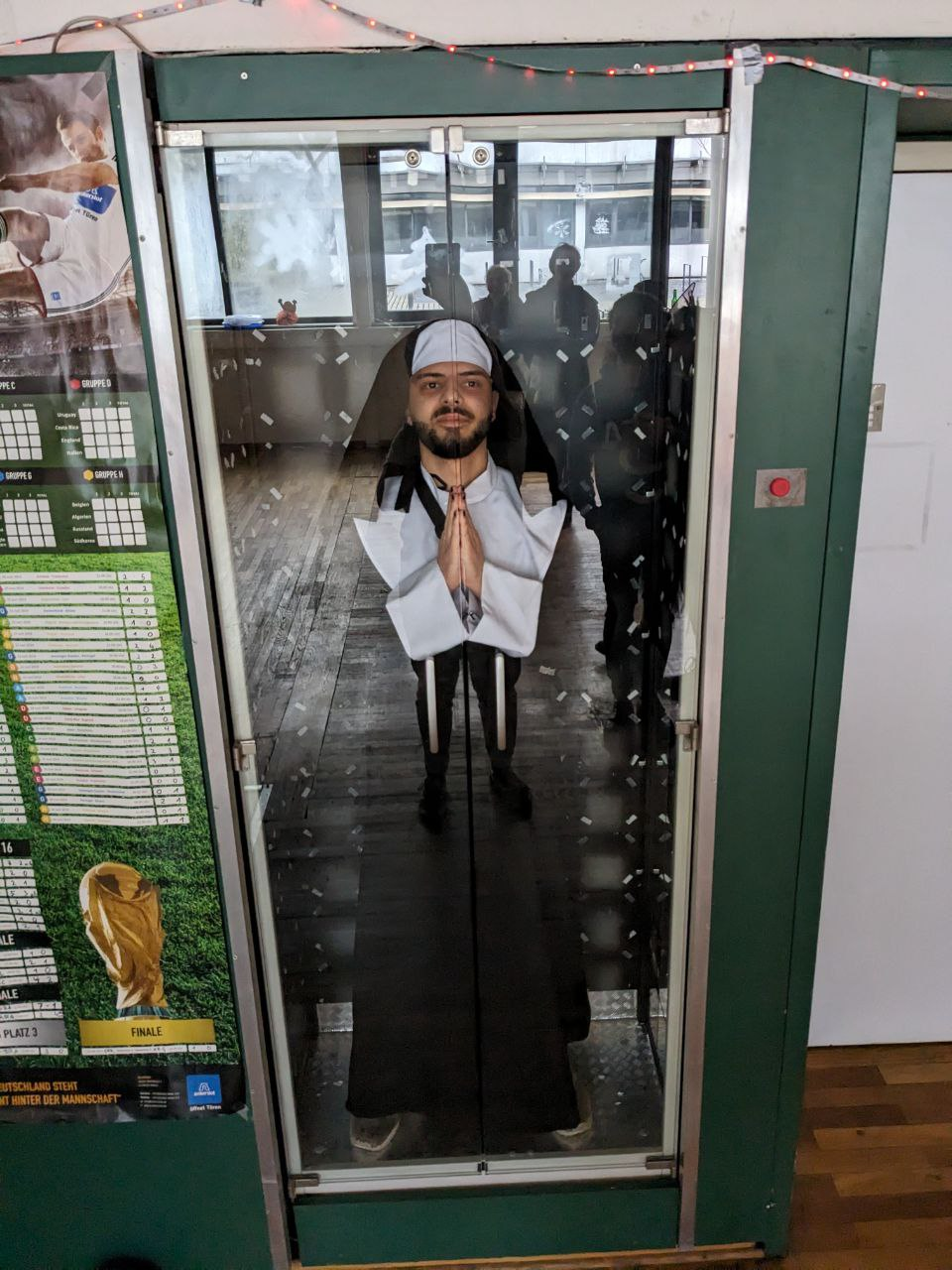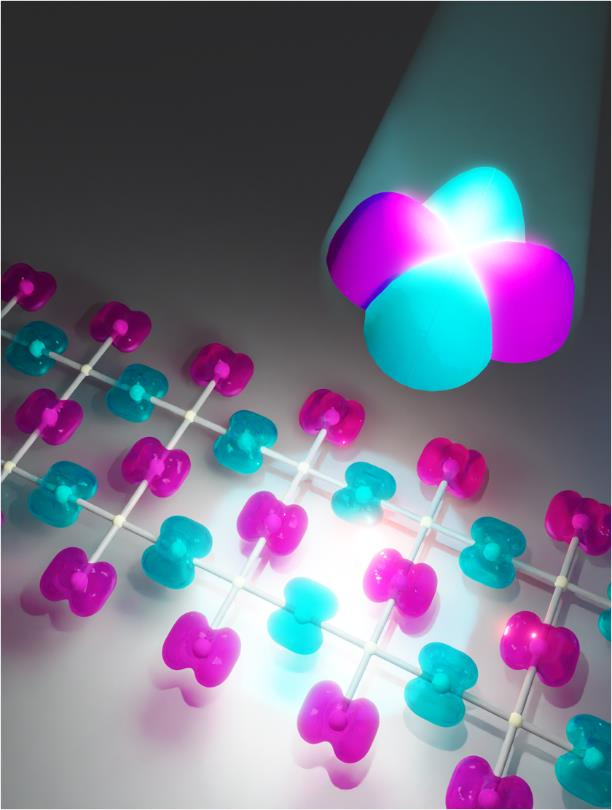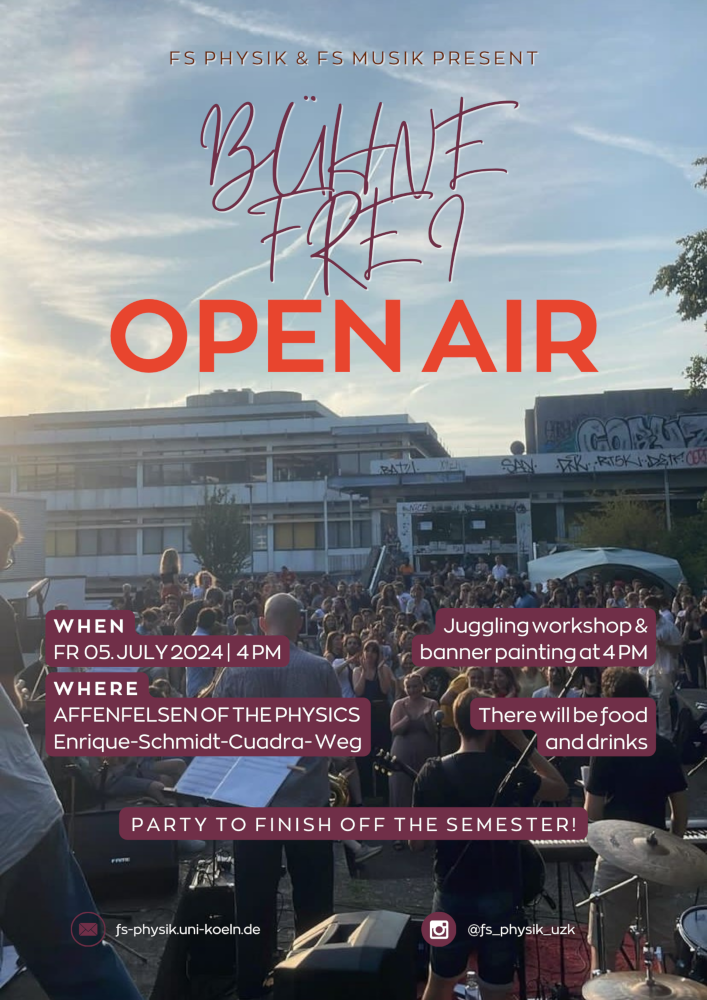Und was macht die Fachschaft eigentlich sonst so?
 Einige unserer Aktivitäten seht ihr hier auf der Webseite und natürlich auf Insta, noch mehr einfach im Foyer.
Einige unserer Aktivitäten seht ihr hier auf der Webseite und natürlich auf Insta, noch mehr einfach im Foyer.
Aber vieles läuft auch auf unseren Sitzungen, in Kommissionen usw. Einmal im Semester fahren wir zudem auf ZaPF, um uns mit anderen Physikfachschaften auszutauschen, gemeinsame Initiativen zu starten usw. Dafür schreiben wir auch immer einen Bericht und wir dachten uns: Wir teilen den auch einfach mal hier.
Interessiert einige andere hier sicher auch und ist ja vielleicht auch ne Anregung, mal zu unseren Treffen vorbei zu kommen und sich selbst einzumischen.
 Nature, one of the most prestigious journals, thrives on letting university employees around the world work for it free of charge.
Nature, one of the most prestigious journals, thrives on letting university employees around the world work for it free of charge. 
